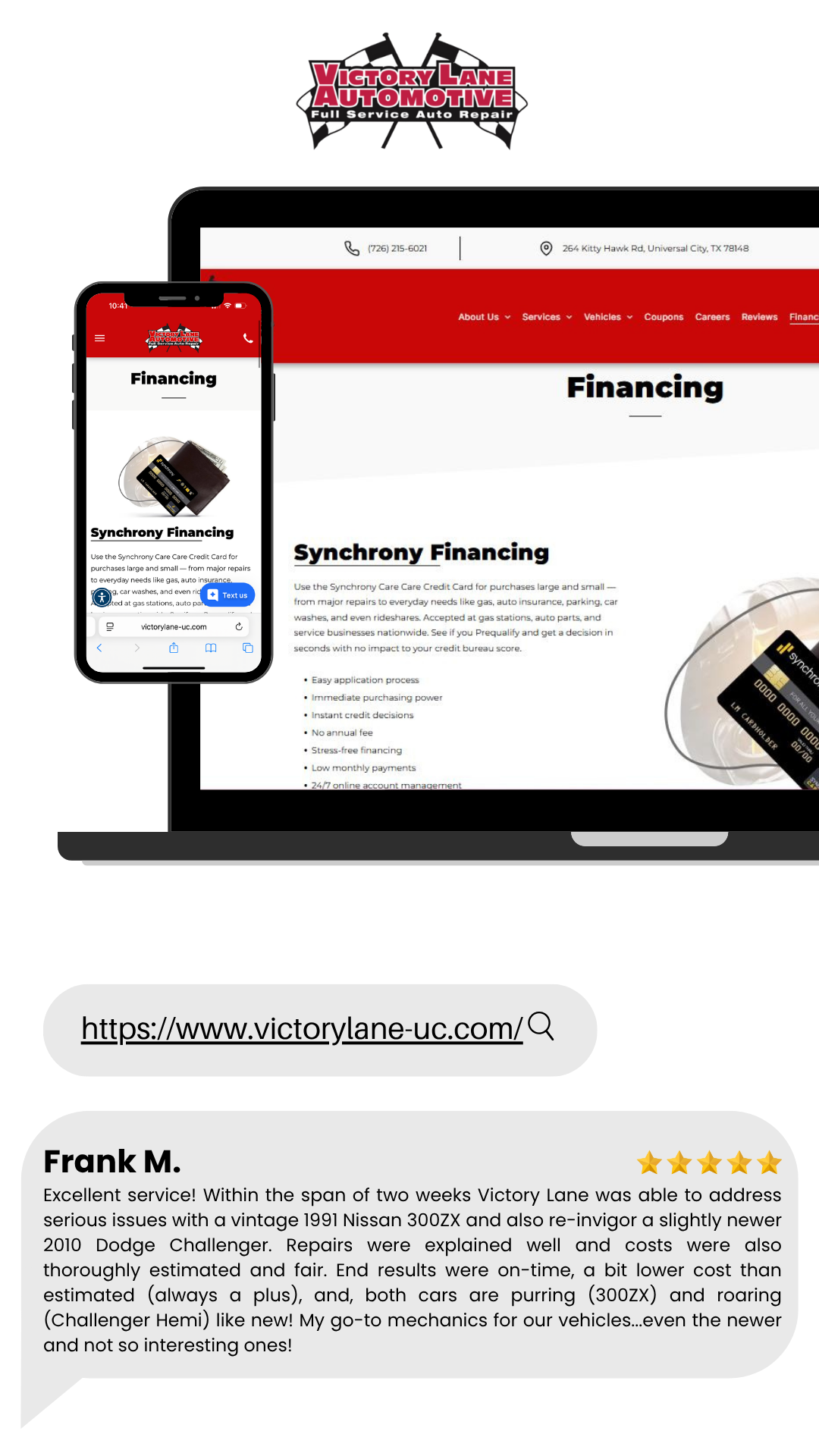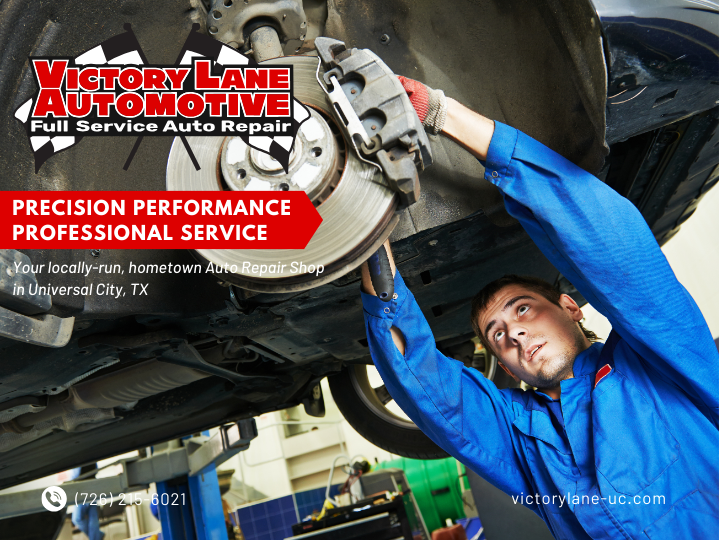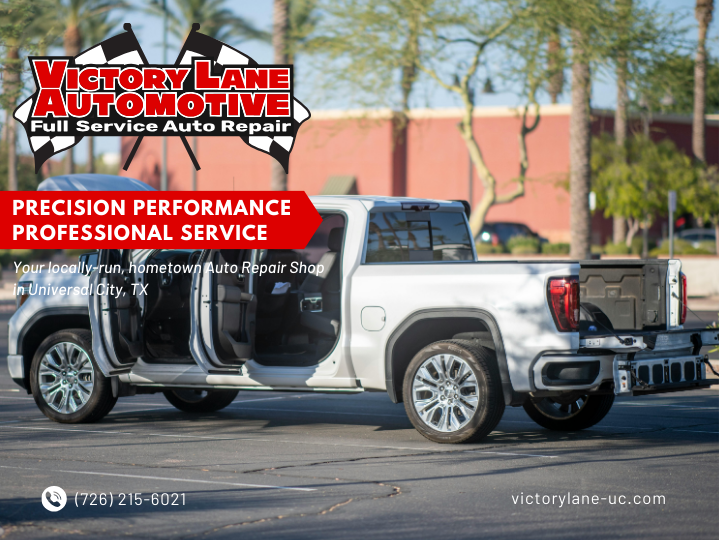How often should I get my oil changed?
Should i get my oil changed at 5000 miles?

How Often Should I Perform an Oil Change? A Deep Dive into the 3,000 to 5,000-Mile Interval Debate
When it comes to car maintenance, few topics spark as much debate as the question of oil changes. If you’ve been a car owner for a while, you've likely heard the traditional advice: change your oil every 3,000 to 5,000 miles. However, recent advancements in engine and oil technology have led many manufacturers to stretch these intervals, with some recommending changes as infrequently as every 7,500 to 10,000 miles—or even longer. So, should you follow the classic 3,000- to 5,000-mile rule, or trust the manufacturer’s extended intervals?
In this blog, we’ll unpack the reasoning behind the 3,000 to 5,000-mile recommendation, discuss why some experts prefer sticking to it over following manufacturer guidelines, and examine the potential benefits of sticking with this more frequent interval.
The Origins of the 3,000 to 5,000-Mile Rule
Historically, the rule of thumb for oil changes was every 3,000 miles or every three months, whichever came first. This advice became popular because it aligned with older vehicles' needs. Older engines didn't have the efficiency, cleanliness, or technological advancements found in today’s engines, meaning oil often became contaminated or broke down more quickly. Moreover, older oils didn't have the same quality or advanced additives as modern lubricants. Thus, frequent oil changes were essential to keep engines in top shape, prevent sludge, and ensure reliability.
Why Many Still Recommend 3,000 to 5,000 Miles for Oil Changes
Even though many manufacturers now suggest extended intervals, several automotive professionals and enthusiasts advocate for sticking with the 3,000 to 5,000-mile rule. Here’s why:
Driving Conditions Aren't Ideal for Many Car Owners
Manufacturer-recommended intervals often assume "ideal" driving conditions. This includes steady speeds, mild temperatures, and minimal stop-and-go driving. However, the reality for many drivers is far from ideal. If you regularly encounter heavy traffic, short commutes, or extreme temperatures, your engine undergoes more stress and is more likely to need frequent oil changes.
Oil degrades faster under harsher conditions, especially with short trips that don’t allow the engine to fully warm up, leading to moisture buildup and potential sludge formation. Changing your oil every 3,000 to 5,000 miles helps counteract these effects, ensuring your engine stays lubricated and clean.
Oil Quality and Engine Cleanliness
While synthetic oils and high-quality filters have improved over the years, allowing some oil to last longer, oil still breaks down over time. Contaminants like dust, metal particles, and combustion byproducts accumulate in oil as it circulates through the engine. These impurities can compromise the oil's effectiveness, particularly over extended intervals. Changing the oil more frequently—every 3,000 to 5,000 miles—removes these contaminants before they can harm your engine.
Lower Cost in the Long Run
Some might argue that frequent oil changes lead to higher maintenance costs, but consider the alternative. Clean oil reduces friction, improves fuel economy, and extends the life of engine components. Regular changes can also help prevent costly repairs due to sludge buildup or worn-out parts. Spending a bit more on oil changes now can help you avoid expensive engine repairs down the road, potentially saving you thousands of dollars over your car’s lifetime.
Enhanced Engine Performance and Fuel Efficiency
Oil is the lifeblood of your engine, ensuring all moving parts are well-lubricated and minimizing wear. Fresh oil reduces friction and promotes smooth engine operation, which can directly impact your vehicle's performance and fuel efficiency. When you follow the 3,000 to 5,000-mile rule, you’re maintaining optimal lubrication, preventing engine wear, and keeping fuel consumption in check. This is especially important if you drive a high-performance or older vehicle.
Boosted Resale Value
Regular oil changes are often seen as a reflection of how well a vehicle has been maintained. If you plan to sell or trade in your car, a documented history of consistent oil changes (ideally every 3,000 to 5,000 miles) can enhance its resale value. Prospective buyers and dealers are more likely to value a car that's been meticulously cared for, making it easier for you to negotiate a favorable sale or trade-in deal.
Catch Potential Problems Early
Oil changes present an opportunity to inspect other essential parts of your car, like belts, hoses, and filters. When you visit a mechanic for an oil change, they typically conduct a routine check of these components, allowing you to spot potential issues early on. Sticking to a regular 3,000- to 5,000-mile oil change schedule means you're getting regular checkups that could prevent more serious issues.
Common Arguments for Extended Oil Change Intervals
To be fair, it’s worth exploring why some experts and manufacturers advocate for extended oil change intervals.
Advanced Oil Formulations and Synthetic Oils
Many modern oils are formulated to be more resilient and effective for longer durations. Synthetic oils, in particular, are engineered to withstand higher temperatures, resist breakdown, and maintain their lubricating properties longer than conventional oils. This has allowed manufacturers to suggest longer intervals, arguing that synthetic oils don't require as frequent changes.
Improved Engine Technologies
Modern engines run cleaner and are designed to reduce contamination levels within the engine. This, combined with improved filters and closed-loop systems, has led to lower levels of dirt and particulates in the oil, allowing it to maintain its performance longer.
Environmental Considerations
Extended oil change intervals can reduce the amount of waste oil, making it a more environmentally friendly option. However, this can be mitigated by recycling used oil and using synthetic oils designed to have less environmental impact.
While these arguments are valid, many drivers feel more secure sticking with the traditional 3,000 to 5,000-mile range.
When Extended Oil Change Intervals Might Be Right for You
For those who primarily drive under ideal conditions—long stretches on highways, mild temperatures, and little stop-and-go traffic—the manufacturer’s extended intervals may work well. Likewise, if your vehicle is newer and specifically engineered for longer intervals, following the manufacturer’s guidance can be reasonable.
However, if you fall into any of the following categories, the 3,000 to 5,000-mile interval may be more appropriate:
You drive an older vehicle that may not have modern, fuel-efficient technology.
You frequently drive in stop-and-go traffic or take short trips.
You live in an area with extreme temperatures (either hot or cold).
You tow or haul heavy loads regularly, putting extra stress on your engine.
You want peace of mind and prefer proactive maintenance to prevent potential issues.
Wrapping Up: The Final Word on Oil Changes
At the end of the day, changing your oil every 3,000 to 5,000 miles may seem conservative in an age of extended intervals, but it remains a time-tested approach for those seeking maximum engine longevity and performance. Regular oil changes can reduce wear, increase resale value, improve fuel economy, and protect against engine issues.
Ultimately, it’s about balancing convenience, cost, and peace of mind. For many, sticking with the 3,000 to 5,000-mile rule provides a reliable way to keep their vehicle in top condition without worrying about the nuances of extended intervals. If you're unsure, consult your mechanic and consider the driving conditions you face daily. While manufacturers may recommend extended intervals, sometimes the tried-and-true methods truly are best for your car’s health.


















